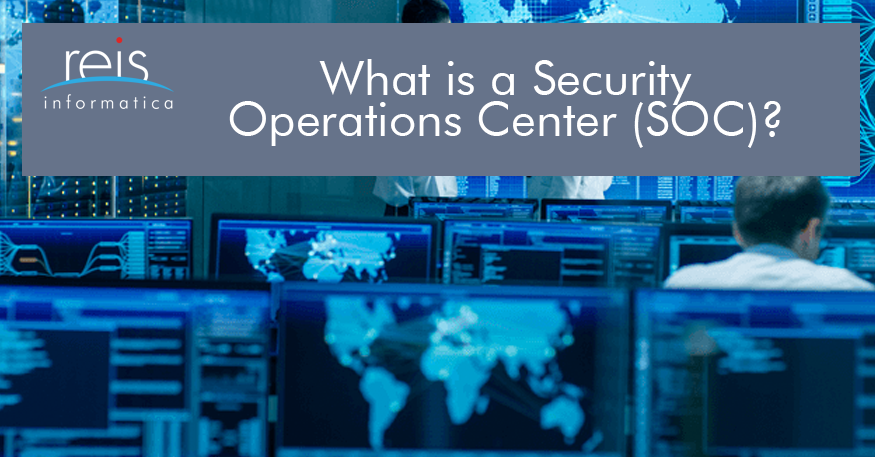Cyberthreats and data breaches are a constant threat in today’s world. Companies of all sizes need to take steps and place extra importance on securing their technology and information.
A Security Operations Center, otherwise known as a SOC, can help take some of the pressure off organizations looking to protect their assets by introducing a team of experts who will keep both eyes peeled on their IT networks.
This post will examine how a SOC works and why many companies rely on them as an invaluable resource for security incident protection.
What is a SOC?
A security operations center or “SOC” can play an extremely vital role in cybersecurity strategy for companies. In short, SOC’s are commonly comprised of security analysts, engineers, and security operations managers responsible for consistently supervising and analyzing a company’s security health.
Their goal is to locate, evaluate, and respond to any cybersecurity threats. A SOC’s team of experts monitors activity on servers, networks, databases, endpoints, websites, applications, and other structures for suspicious activity indicative of a potential compromise. When compared to a typical internal IT team, security operations professionals are experts in their field.
While you focus on running your day-to-day business operations, a professional SOC team handles all of your cybersecurity and protection needs 24/7.
What does a SOC do?
A successful SOC can be either an internal organization or outsourced to a specialized center. There, the security analysts work together to specifically focus on the operational components of your information security.
Here are a few key aspects that they focus on:
Network Assessments: Thoroughly inspect every aspect of an organization’s network, from routers to services and firewalls. Once the network has been analyzed thoroughly, SOC experts can formulate a personalized cybersecurity plan.
Incident Analysis: If a data breach or compromise occurs and is resolved, the SOC will understand the cause of the issue and create an action plan to prevent any further vulnerabilities.
Data Privacy Compliance Audits: In addition to protection against malicious threats and breaches, SOC’s encourage compliance with data privacy regulations as part of an organization’s cybersecurity plan. Typically, this is accomplished by running network audits to see how well a business stays compliant and advising on how best to keep within regulations.
Proactive Network Monitoring: Arguably, one of the most important aspects of having a SOC protecting your data is the proactive prevention of cyber threats. With around-the-clock monitoring, security operations centers find security and network gaps and seek to implement processes (like firewall patches or adjustments to protocol) to repair any vulnerabilities.
What are the benefits of a SOC for my company?
The key benefit of having a Security Operations Center work for your organization would be to improve security occurrence detection through constant monitoring and analysis.
By mitigating the risks of security breaches compromising an organization’s data, company’s can rest assured that they have improved incident response, reduced downtime, and minimized indirect (and indirect) costs associated with the management of cybersecurity incidents.
With a completely secure system and dedicated team overseeing it, employees and customers can trust your organization while becoming more confident with sharing their personal and confidential information.
Conclusion
Whether your business is big or small – all organizations are susceptible to security breaches and compromises that can cause unnecessary costs, downtime, and data loss. With a proficient security operations center monitoring and analyzing your IT infrastructure, you can rest assured that your business is well taken care of 24/7.

